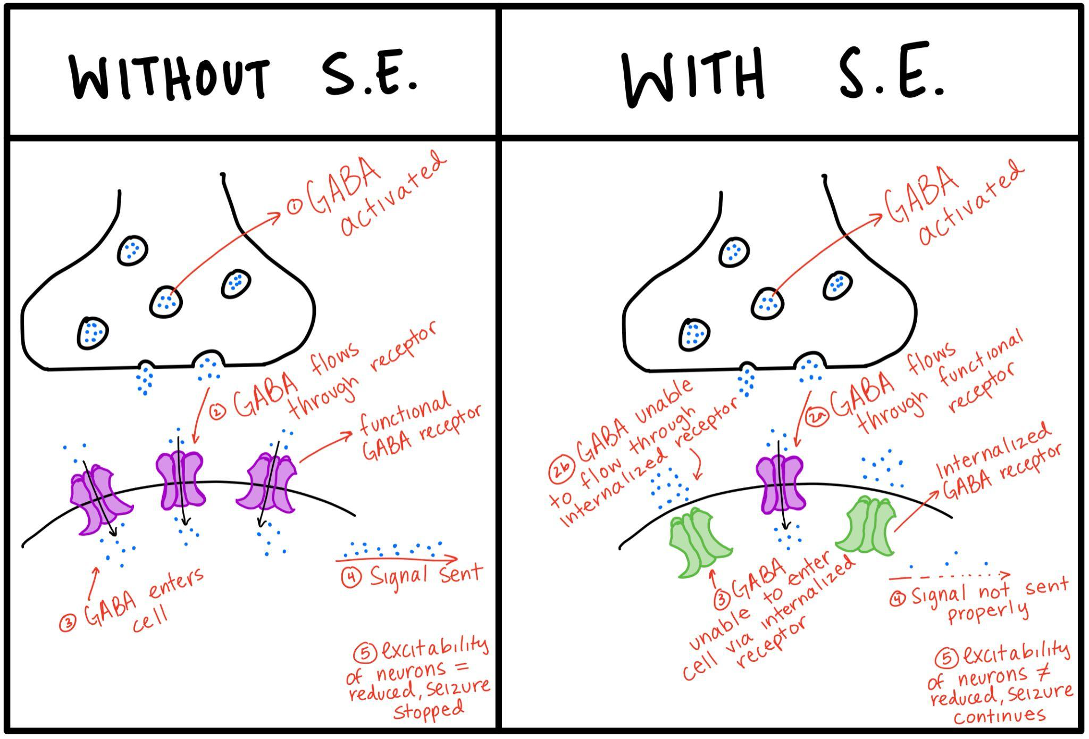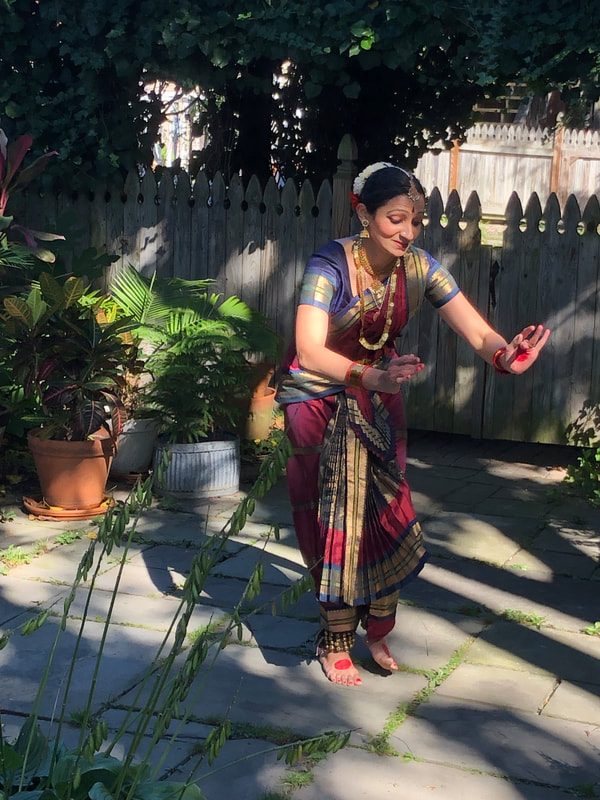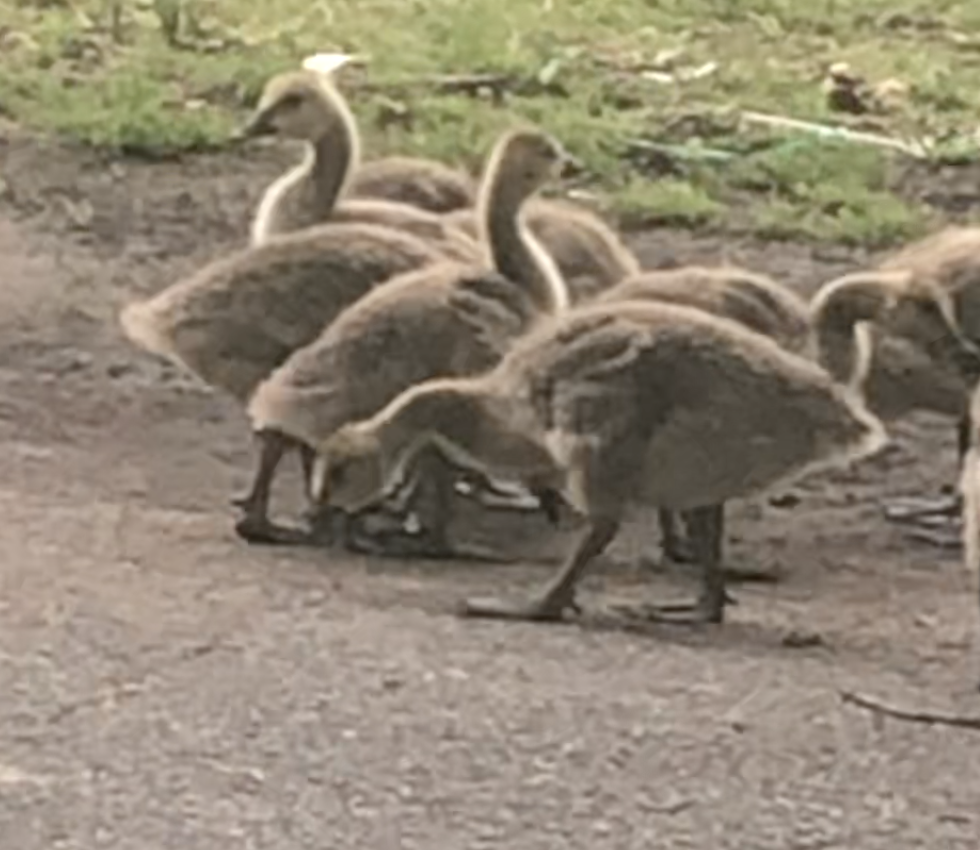|
How does my dance training make me a better scientist?
1 Comment
Carol A Schachter
6/20/2022 05:26:11 pm
My art teacher in college taught us that we don't have to understand an art piece to know it has significance. I found a painting that had the elements of earth, fire and water and that was enough for me to enjoy it. I didn't need to know the background or that blurred object in the left-hand corner. Your synopsis of knowledge/limited knowledge/no knowledge totally encompasses the enigma of mystery. This was so enjoyable to read and, yes, I am a lay person and a senior.
Reply
Leave a Reply. |
About SlokaMy name is Sloka. I am a neuroscientist and Bharatanatyam dancer; you can find more about me here. Archives
June 2024
|


